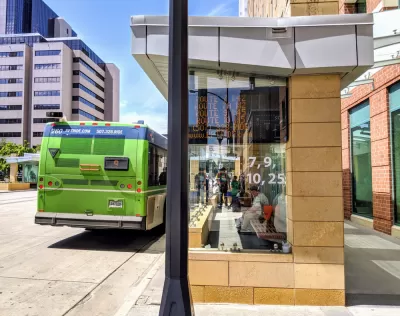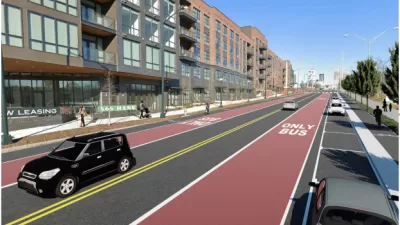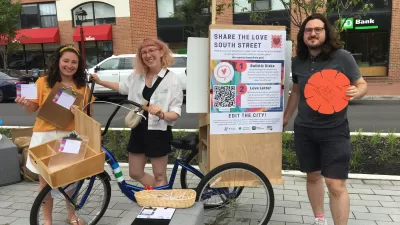Rochester, MN, joins the ranks of cities realizing that community input is worth paying for.

When building something new that will affect lots of people for decades to come, it pays to ask people about what they want. It also pays to pay those people to tell you.
Rochester, a city of 100,000 located 77 miles southeast of Minneapolis and home to the Mayo Clinic, is facing growing pains. Downtown parking is in short supply, streets are congested, and it’s not always easy to get around without a car.
To alleviate parking and traffic congestion, the city’s transit agency is planning a bus rapid transit route, which will start near the Mayo Clinic and head west toward a planned park-and-ride near a suburban tract of single-family homes, stopping at a satellite Mayo Clinic campus and a small retail corridor along the way.
But to make sure that the project benefits those who will use it, the transit agency has convened a paid advisory committee made up of 10 Rochester residents to gather and provide feedback from all over the city. They are paid $25 per hour and offered childcare reimbursement, provided they commit to 30 hours of work between September 2020 and June of this year. They’re just one of many agencies across the nation who realize just how important it is to hear not just from those who typically appear at council meetings and hearings (who research shows tend to be older, whiter and wealthier than the overall neighborhood), but from people from different backgrounds who otherwise couldn’t afford to show up.
FULL STORY: Cities Are Looking to Get Better Community Engagement By Paying for It

Planetizen Federal Action Tracker
A weekly monitor of how Trump’s orders and actions are impacting planners and planning in America.

Chicago’s Ghost Rails
Just beneath the surface of the modern city lie the remnants of its expansive early 20th-century streetcar system.

San Antonio and Austin are Fusing Into one Massive Megaregion
The region spanning the two central Texas cities is growing fast, posing challenges for local infrastructure and water supplies.

Since Zion's Shuttles Went Electric “The Smog is Gone”
Visitors to Zion National Park can enjoy the canyon via the nation’s first fully electric park shuttle system.

Trump Distributing DOT Safety Funds at 1/10 Rate of Biden
Funds for Safe Streets and other transportation safety and equity programs are being held up by administrative reviews and conflicts with the Trump administration’s priorities.

German Cities Subsidize Taxis for Women Amid Wave of Violence
Free or low-cost taxi rides can help women navigate cities more safely, but critics say the programs don't address the root causes of violence against women.
Urban Design for Planners 1: Software Tools
This six-course series explores essential urban design concepts using open source software and equips planners with the tools they need to participate fully in the urban design process.
Planning for Universal Design
Learn the tools for implementing Universal Design in planning regulations.
planning NEXT
Appalachian Highlands Housing Partners
Mpact (founded as Rail~Volution)
City of Camden Redevelopment Agency
City of Astoria
City of Portland
City of Laramie





























